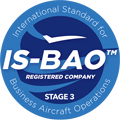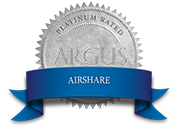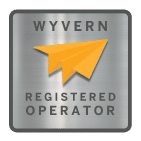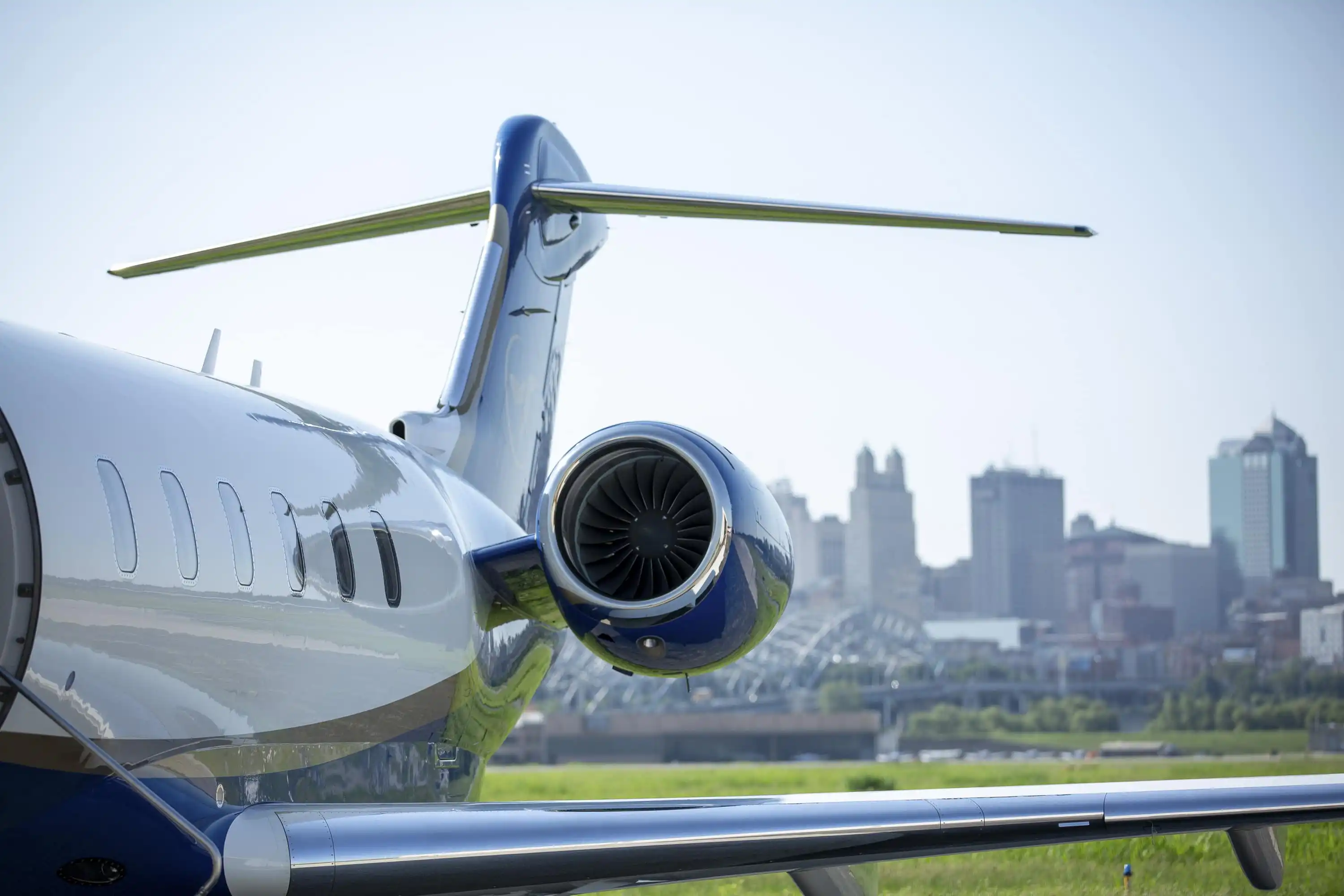
Our top priority is the safety of our customers, pilots, employees and aircraft. Airshare employees are highly trained and operate at the highest level of safety. Continue reading to learn more about our commitment to safety, safety ratings, and how we keep our customers and pilots safe.
What is Airshare’s current safety commitment statement, and what measures are being taken to uphold it?
Airshare is committed to developing, implementing, and continuously improving the operation. All employees are expected to uphold the highest performance levels and never compromise safety by assuming excessive risk.
As an organization, our commitment is to:
- Develop and maintain a safety culture that recognizes the value of safety management.
- Clearly define the duties, responsibilities, and accountabilities for all employees.
- Provide all employees with adequate training and information to enhance performance.
- Comply with or exceed all regulatory and company-specific requirements.
- Proactively manage the risks associated with our operation.
- Ensure externally supplied services and materials meet or exceed all regulatory, IBAC Standards (IS-BAO), and company-specific requirements.
- Set defined performance goals and objectives and consistently measure performance against those goals and objectives.
- Conduct internal management and safety reviews to improve performance; and
- Encourage all employees to report errors and safety issues in the spirit of a just culture.
What are the top factors or features customers care about when flying private?
The top factors customers care about when flying are the safety of our aircraft and pilot training.
Safety of Aircraft
Airshare is an FAA-certified provider of complete jet aircraft maintenance. Our maintenance team provides full-service aircraft care, including routine inspections, repairs, avionics installation, and more. This means our team performs regular maintenance inspections to ensure our aircraft are safe to operate and all systems are in good working order. These inspections are conducted regularly to address possible failures before they become an issue.
Pilot Training
Airshare pilots, both PICs and SICs, require extensive training. To be eligible for hire, our pilots must have minimum hour requirements, ATP multi-engine rating, a first-class medical certificate, and an FCC license. Once hired, we request pilots’ PRIA Records and require a drug screen. If they pass, pilots go through online training, initial indoctrination training, simulator training, and then must complete and pass our Initial Experience Program (IEP). If successful, the pilot will then be released to the line. All Airshare pilots must complete recurrent training every six months.
Airshare is committed to safety and quality as core values as an organizational priority. We shall persistently demonstrate and measure high levels of safety consciousness in our daily operations.
How does Airshare keep pilots and other crewmembers safe?
All Airshare personnel are expected to continuously take an active role in identifying and mitigating hazards and risks pertinent to the operation. Each employee is personally responsible for performing their duties in a manner that gives primary concern to the safety of passengers, their safety, and the safety of fellow employees and equipment entrusted to their care.
Airshare crewmembers shall adhere to strict professional discipline and utilize the various layers of protection afforded to them through Company Policy/SOP, Manufacturer Policy AFM/POH, Federal Regulations, and the Company SMS. Each of these layers of protection provides various components of limitations, and collectively they provide risk mitigation to the operation. The crewmember must understand and respect their personal limitations, aircraft limitations, and environmental limitations.
Which safety credentials has Airshare earned?
- IS-BAO Stage III: Highest International Safety Standards for Business Aviation
- Argus Platinum: Highest Domestic Safety Standard for Business Aviation
- Wyvern Registered
How can readers reach out with more questions regarding aircraft safety?
See Airshare’s safety page or contact the Director of Safety, Jared Porter, at 816.410.8121.



